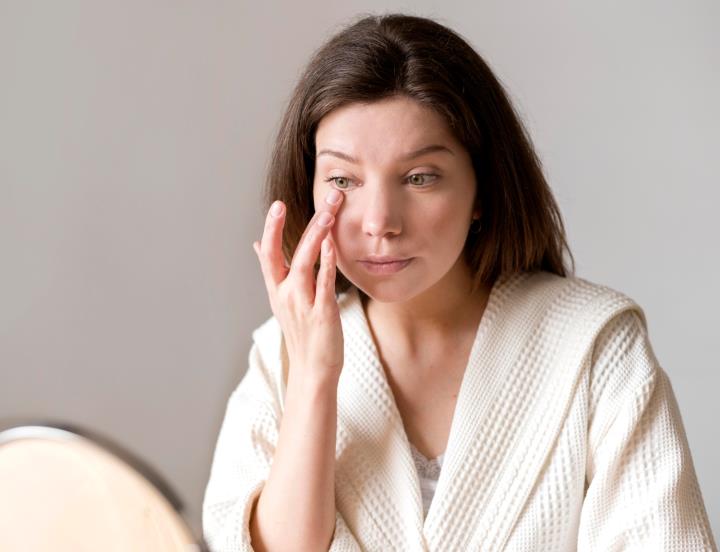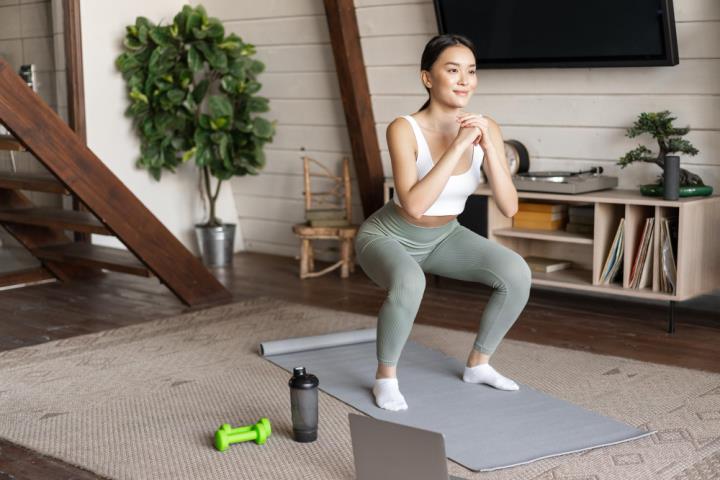Nov 25, 2025

While screen time is often discussed in relation to children, adults are equally vulnerable to its negative effects. Many professionals spend long hours on computers, then unwind with streaming or social media—adding up to significant daily exposure. Yet, the threshold for harmful screen use in adults remains unclear. Some experts suggest limiting social media to 30 minutes a day can significantly boost well-being
Depression: A 2017 Preventative Medicine Reports study linked TV and computer use to moderate or severe depression, with similar findings reported in adolescents.
Eye strain: Screen use can strain eyes. The American Academy of Ophthalmology advises the 20-20-20 rule: every 20 minutes, look 20 feet away for 20 seconds.
Neck and back pain: Looking down at screens strains the neck, shoulders, and back—a condition known as "tech neck." Reid Health warns prolonged posture can lead to serious musculoskeletal issues.
Cognitive changes: A 2020 ScienceDirect study linked smartphone addiction to impaired brain signaling and reduced cognitive function. Stanford Lifestyle Medicine adds that 5+ hours of daily TV raises risks for dementia, stroke, and Parkinson’s.
Reduced physical activity: Excessive screen time often reduces physical activity, contributing to obesity and related health risks.
Impact sleep: The JAMA Network reports that among 122,058 participants in the American Cancer Society Cancer Prevention Study-3, screen use was linked to shorter sleep and poorer sleep quality. Using screens before bed can disrupt circadian rhythms.

A new study from Columbia University and the University of Chicago reveals that eating 5 cups of fruits and vegetables daily can improve sleep quality—starting the same night. Participants who hit the 5-cup mark experienced deeper sleep and fewer nighttime awakenings.
For families, this is a game-changer. Kids are especially sensitive to dietary shifts, and poor sleep can affect mood, learning, and behavior. Swapping processed snacks for produce—like berries at breakfast, carrots at lunch, and broccoli at dinner—can help children fall asleep faster and stay asleep longer.
Why does it work? Fruits and veggies are packed with fiber, antioxidants, and complex carbs that stabilize blood sugar and support melatonin production, which regulates circadian rhythms.
Even small changes matter. Try a “5-a-Day Sleep Challenge” with your family to build better bedtime habits—one bite at a time.

The scent of citrus—especially oranges—has been scientifically shown to reduce stress and boost mood. In fact, studies have found that just smelling orange essential oil can lower anxiety levels and promote calmness, making citrus not only good for your body but also your brain.
So, whether you're peeling a mandarin or zesting a lemon, you're giving your nervous system a little sunshine boost.

Forgoing eyeliner could ease dry eye, Chinese findings suggest. In the study, women who used eyeliner at least three times per week over one year were less likely to suffer from dry eye (as measured by a scale called the Ocular Surface Disease Index) than women who went without. And applying eyeliner to the inner rims of eyelids proved especially problematic. The researchers say eyeliner ingredients can worsen dry eye by irritating the meibomian glands, which produce an oily substance that keeps tears from evaporating too quickly.
The Power of Hourly Movement

- Boost circulation and prevent blood pooling in the legs
- Engage muscles in your legs, core, and back
- Improve posture and reduce spinal compression
- Enhance focus and energy, especially during long work sessions
Even light activity—like stretching, walking to refill your water, or doing a few squats—can make a difference. A study published in Medicine & Science in Sports & Exercise and reviewed by Harvard Health Publishing found that short walking breaks every 30 minutes significantly lowered blood pressure and improved metabolic health. Dr. Howard LeWine of Harvard notes that “any movement is better than none”—especially when it comes to counteracting the effects of prolonged sitting.









